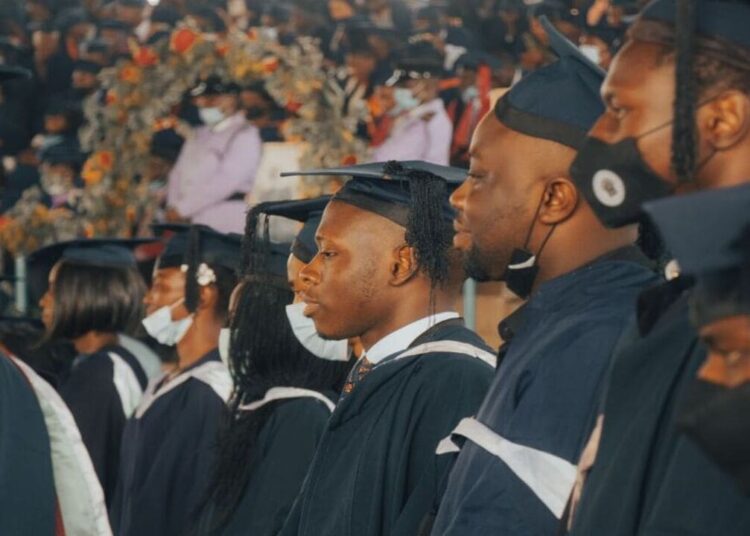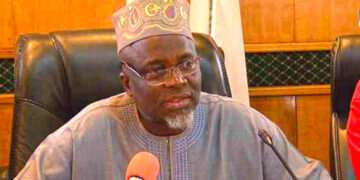As Artificial Intelligence (AI) tools rapidly gain traction among Nigerian students, experts have raised concerns about the growing risk of academic dishonesty.
With AI-powered platforms offering students easy access to pre-written content and automated solutions, many fear academic integrity is at stake.
They said these advancements, while enhancing learning opportunities, might inadvertently fuel a plagiarism crisis as students increasingly rely on technology to complete assignments and examinations.
While emphasising AI’s importance, experts stressed the need to establish guidelines for its responsible use, calling for immediate measures to safeguard against the erosion of original thought and intellectual honesty within the country’s academic institutions.
This is just as they sounded the alarm over the potential plagiarism crisis as AI-powered tools like ChatGPT threaten to erode academic integrity in higher education institutions.
Oluwajuwonlo Afolabi, a communication expert, stated that AI is reshaping learning in Nigerian secondary schools and tertiary institutions.
However, he lamented the lack of a clear policy on using AI in education in Nigeria, unlike countries such as China, Singapore, South Korea, Japan, and Finland, which have made significant efforts to integrate AI into learning.
“With this wave of AI for research, students can just instruct the machine to write their research project. What we will then have are machine-written academic papers with little to no value for industry and society,” he said.
“A guided use of AI would be of immense value. However, who provides this guidance in developing countries, where learning infrastructure is scarce?
“This requires direction for AI’s use while also preventing its misuse. In settings with no policy guide for AI, the risk of abuse is inevitable.”
On her part, Christina Ugoh, a cybersecurity student at the National Open University of Nigeria, said AI has made it increasingly easy for students to bypass traditional research and writing processes.
Ugoh, who admitted to using AI in her academic work, urged students to use it for research and reference materials rather than copying and pasting.
“The ease of access to AI-generated material is concerning, particularly given the rising trend of academic dishonesty. Higher learning aims not just to produce answers but to develop critical thinking and the ability to engage with complex ideas. When students use AI to do their work for them, they miss out on this fundamental educational experience,” she said.
She also called for the adoption of AI-detection software to catch academic dishonesty.
Also speaking, Taiwo Phillip, Programmes/Communication Officer at the Inclusion Project (TIP), emphasised that in this rapidly digitalising society, educators and education policymakers must address the implications for Nigeria’s education system, ensuring no one is left behind in this technological advancement.
He said AI is transforming how students learn and how educators teach with personalised learning tools and automated grading systems, reducing the administrative burden for teachers, thus powerfully transforming teaching and learning through AI.
Therefore, he called on the Nigerian government to urgently address ethical issues such as privacy, algorithmic bias, and the digital divide, which leaves rural and underserved communities behind in accessing educational opportunities.





